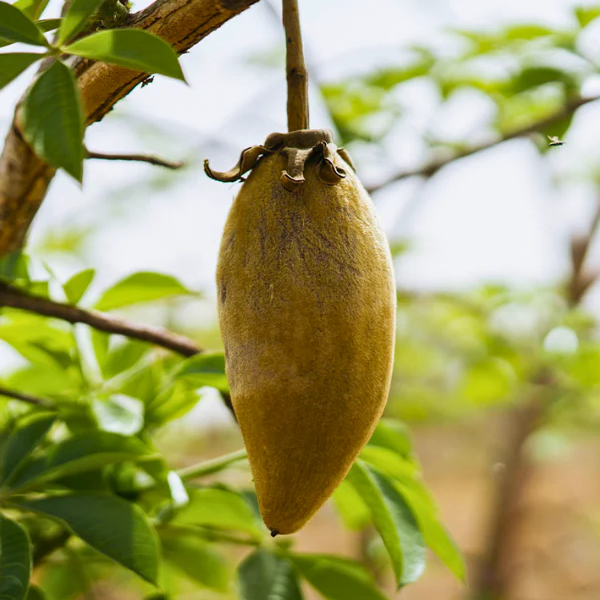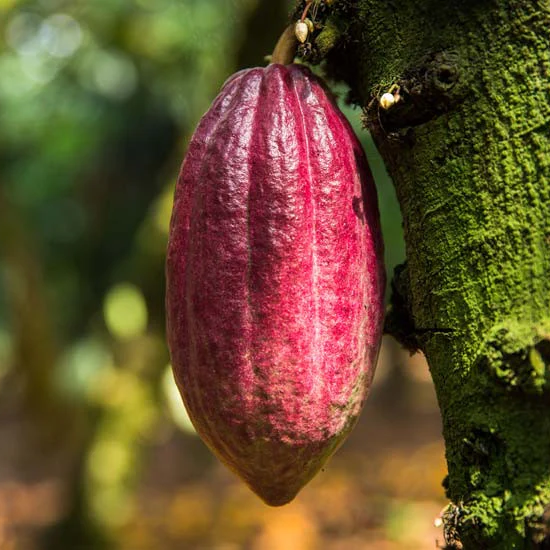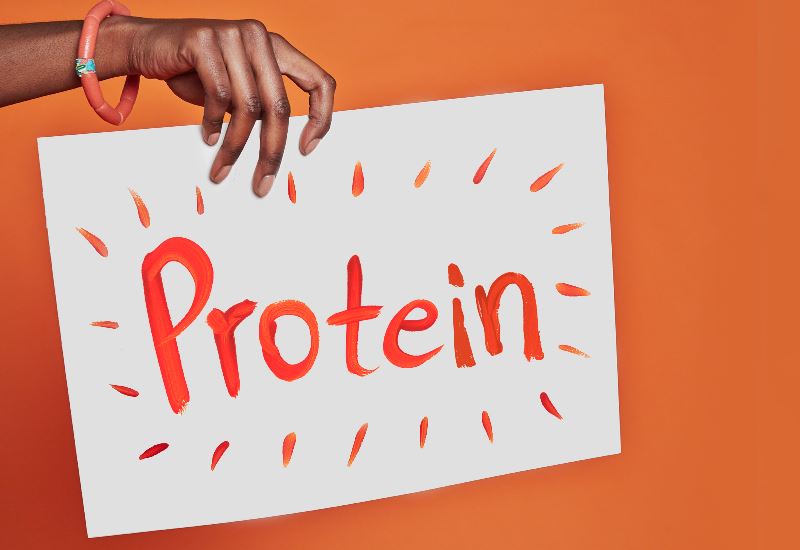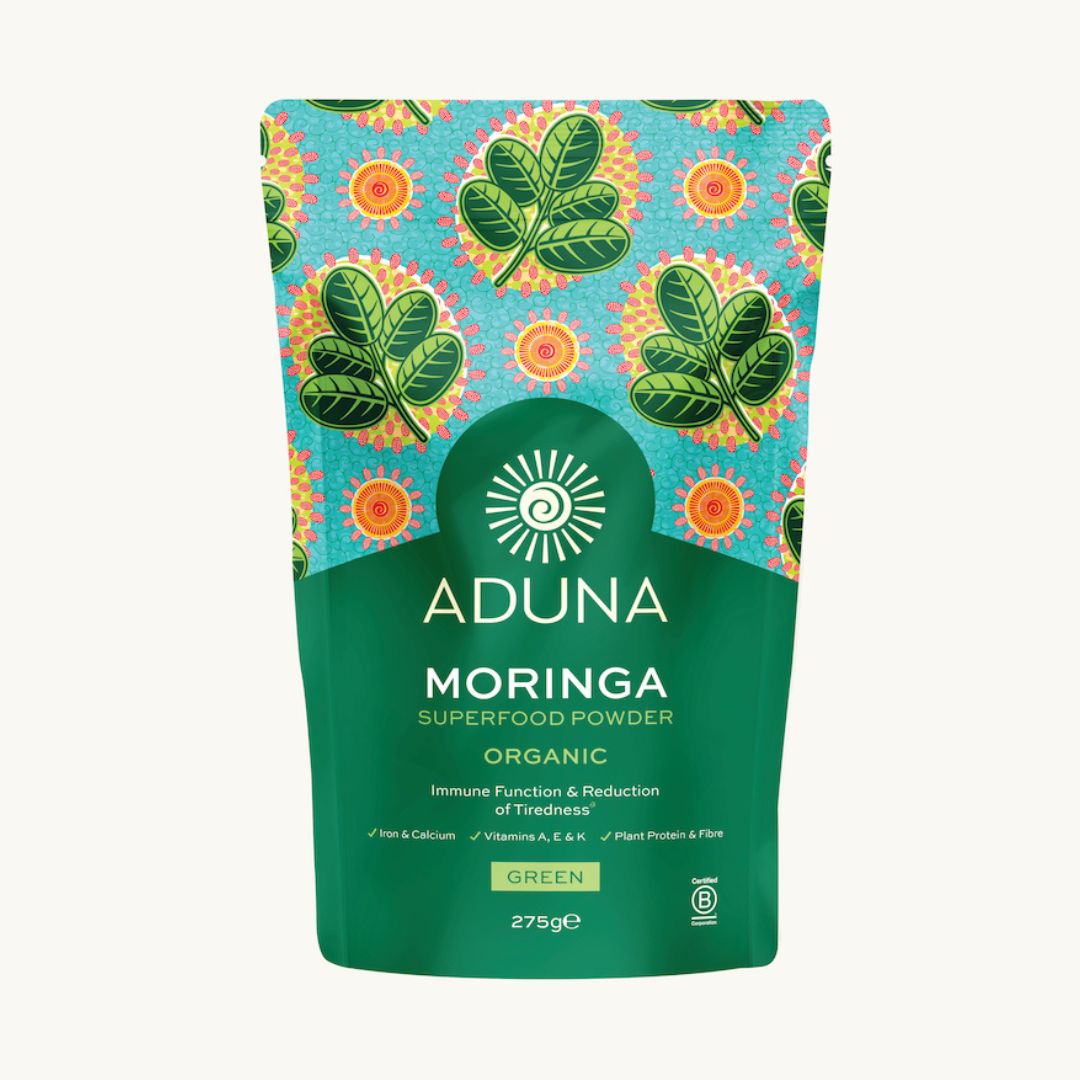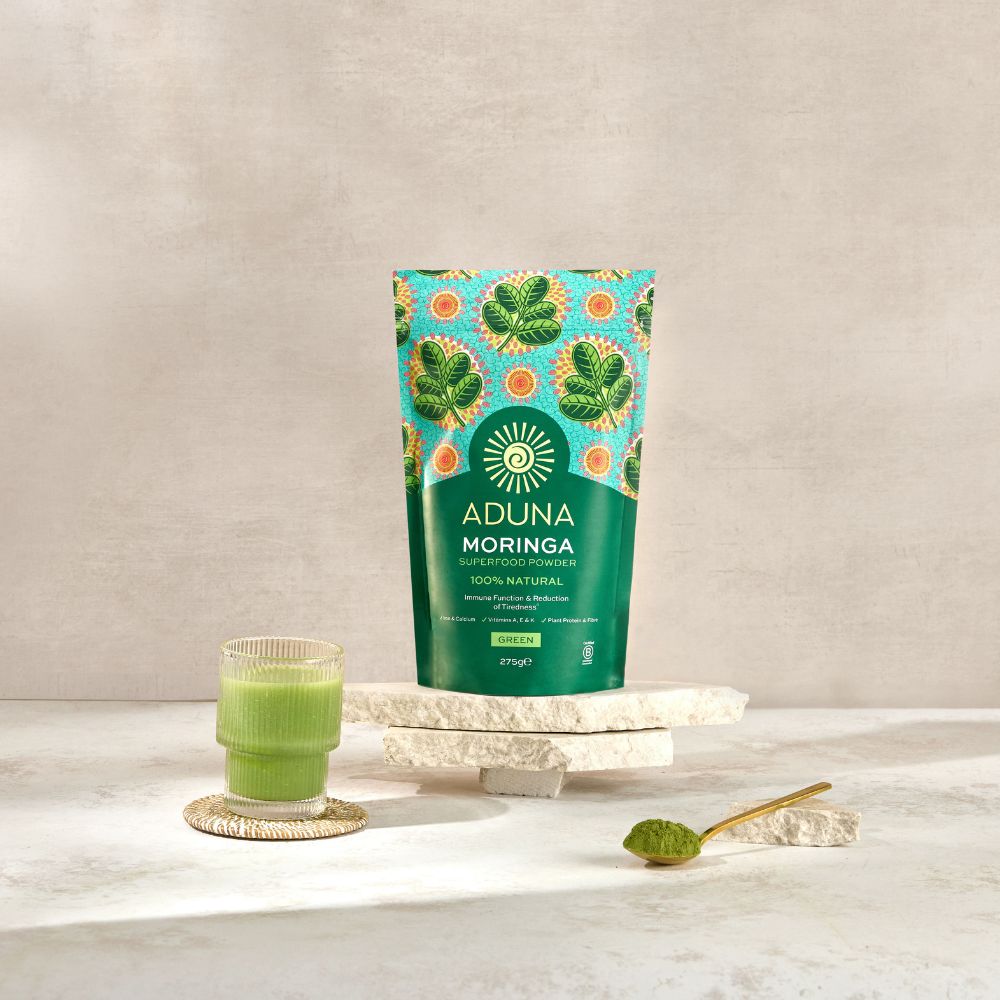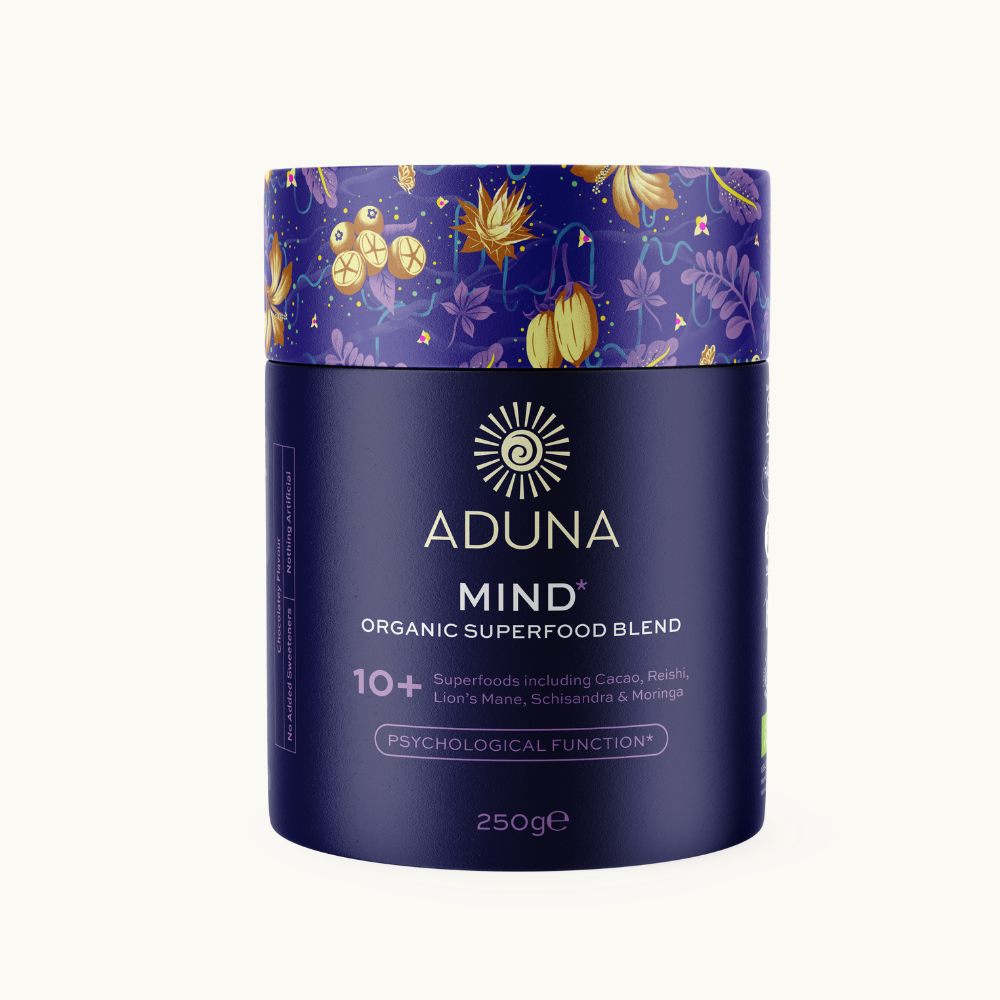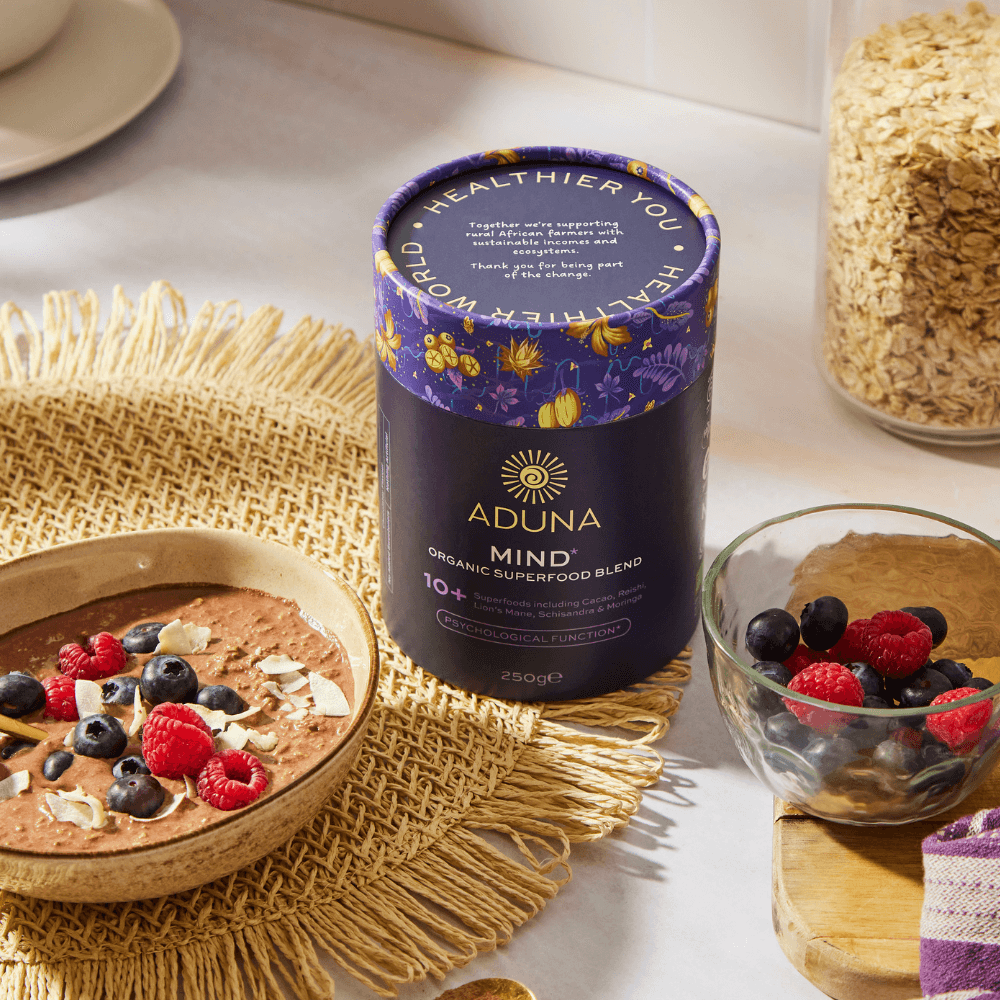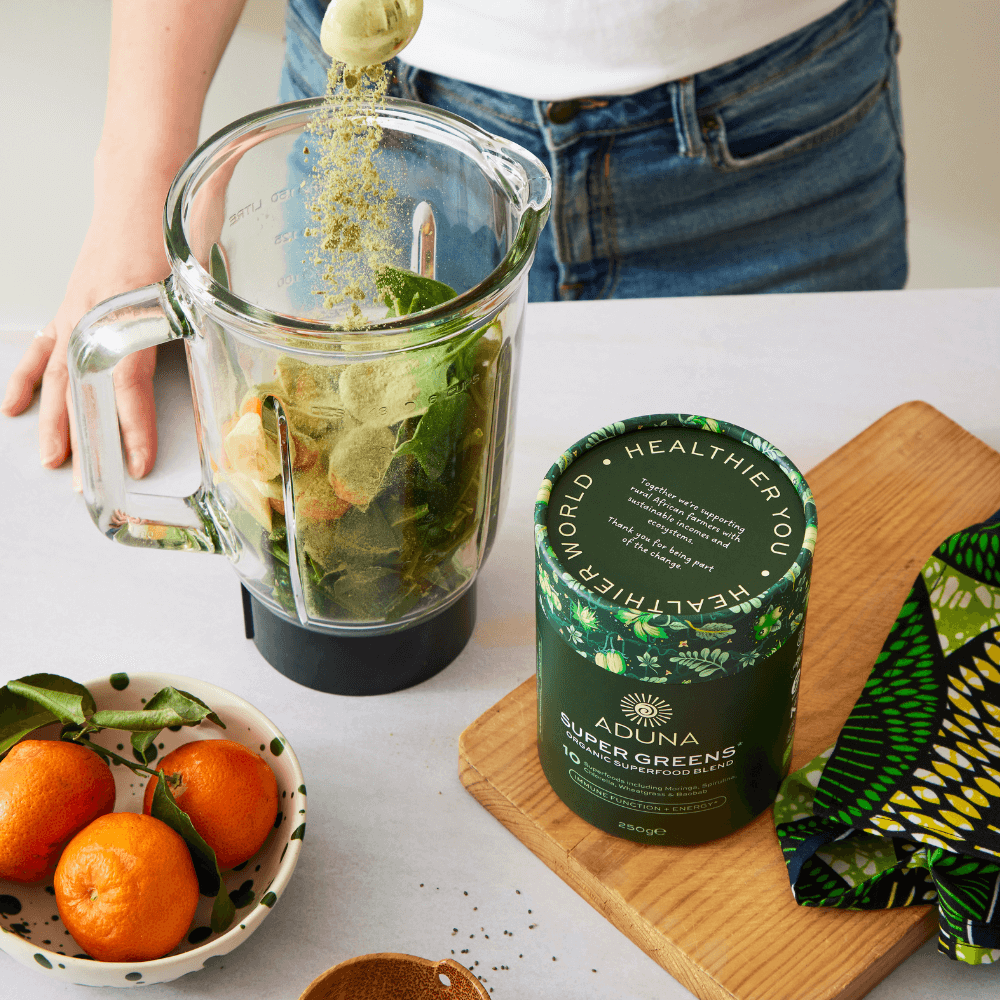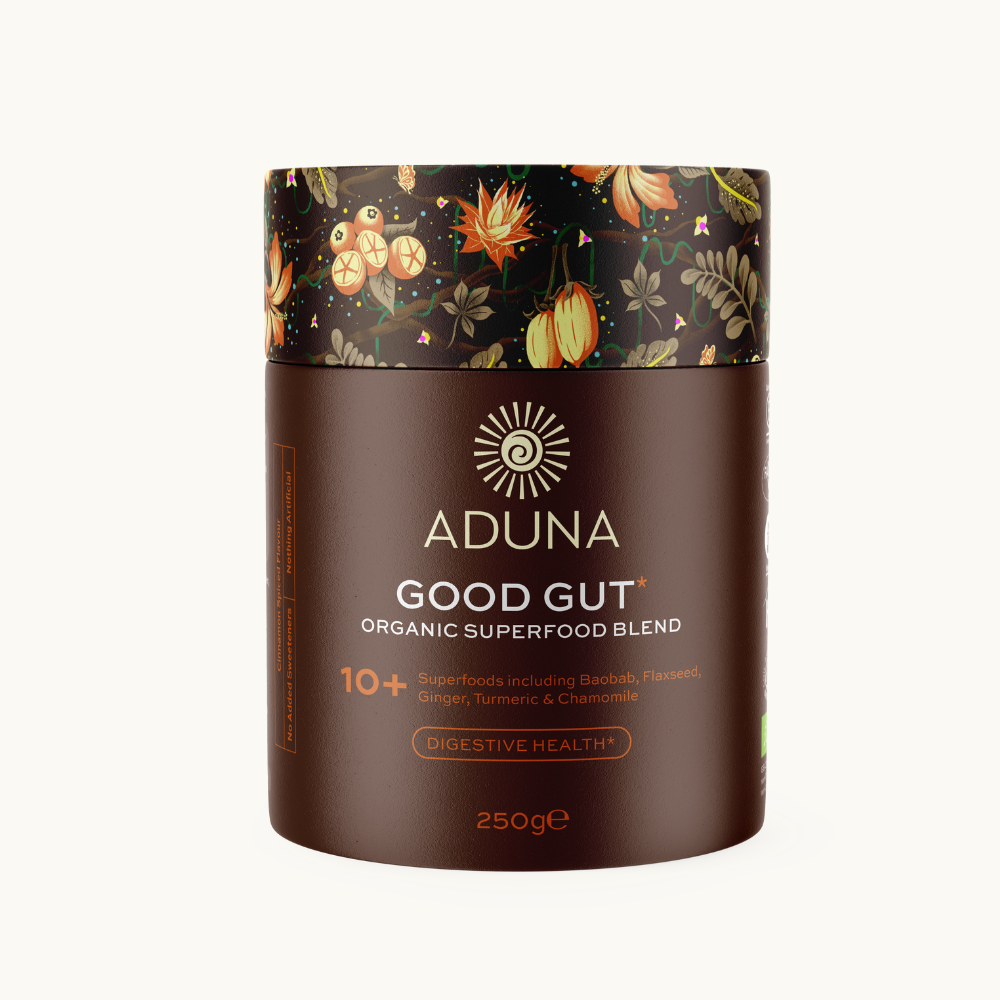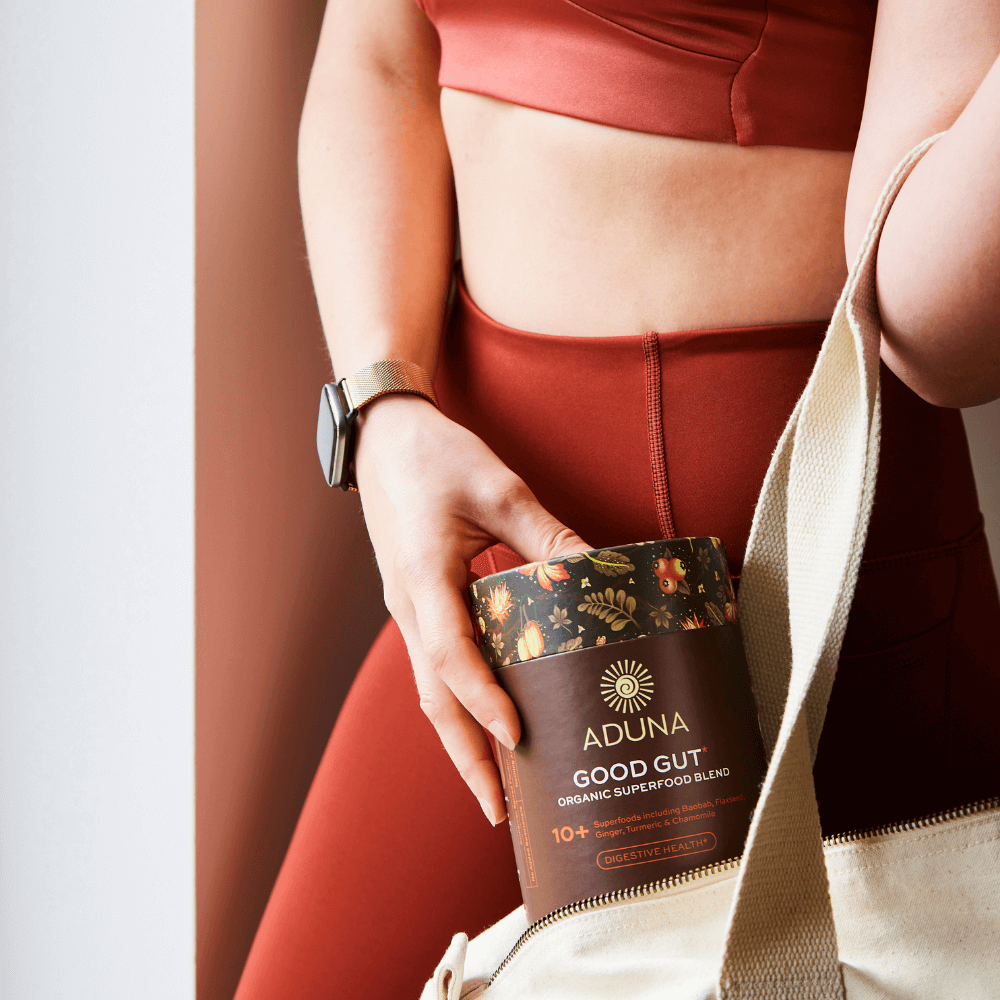Protein, protein, protein. It's the buzz word that never stops buzzing in the health industry. We all know we need it in our diets but what does it actually do for us? Read on to learn all about it!
Why a protein rich diet packs a punch
Our bodies are approximately 20% made up of protein; it’s a key component of every single cell. Our hair and nails are pretty much all protein. It’s great for the skin too; amino acids are the monomers that make up proteins and they’re essential for keeping skin smooth, elastic and strong. Our bodies use protein to build and repair tissues. It’s also needed for enzymes, hormones, bones, muscles, cartilage, skin and blood. Bottom line: we can’t do without it.
It can be hard to make sure we get enough protein in our diets as it is a ‘macronutrient’ meaning we need it in quantity. Unlike fat and carbs, our bodies can’t store protein – so we need to make sure we take enough on board for our needs every day.
Makes weight loss a doddle
There are plenty of reasons why we should all increase our protein intake, but one of the most compelling is the effect it can have on our physique. When you want to get leaner, the goal isn’t just ‘weight loss’– it’s fat loss. You lose more fat and less muscle on a high-protein diet. A high protein/lower carb diet can work brilliantly if you want to lose weight. This is because when we eat lots of protein but very little carbohydrates, our metabolisms shift into a state called ‘ketosis’. Put simply, this is when the body shifts from burning carbs for energy to burning its own fat. Additionally, clinical studies consistently demonstrate that protein rich diets increase satiety meaning people want to eat less. Result! There are so many benefits of consuming protein, you can read more on this here.
How to up your protein intake
Try to make sure you include protein at every meal along with fresh, organic fruits and vegetables. For optimum nutrition you should try to include plenty of beans, nuts and wholegrains in your diet. Don’t overlook plant-based protein sources – things like tofu, tempeh, quinoa and lentils. There are plenty of superfood and vitamin packed protein powders on the market too. They can provide a quick and convenient way to boost the healthy plant protein in your diet. One great example is Moringa Powder, which is an excellent plant-based source of protein and contains all 9 essential amino acids.
The key is to get more protein from better food sources. So, for instance, plant protein or lean meat sources rather than the artery-clogging, high fat, processed variety. Steer clear of red and processed meats, which have been linked to an increased risk of type 2 diabetes, cardiovascular disease and colorectal cancer. So it’s not just about how much protein you consume, the type of protein matters too.
So overall, a high-protein diet can provide a myriad of benefits. Not only can it promote weight loss, but it also helps stabilise blood sugar levels, improve concentration, boost energy levels, strengthen muscles and bones and enable to body to absorb vital nutrients. What’s not to like?

